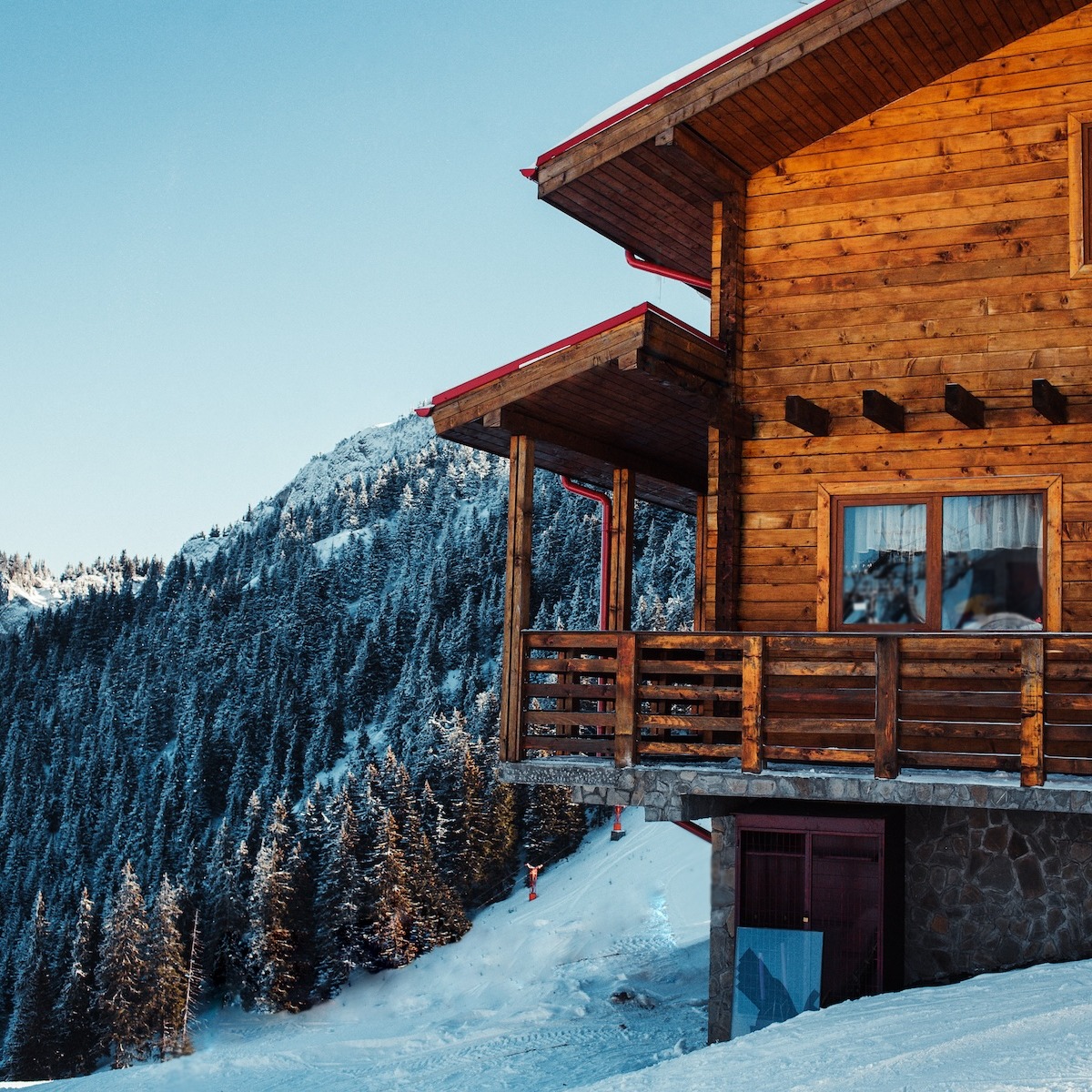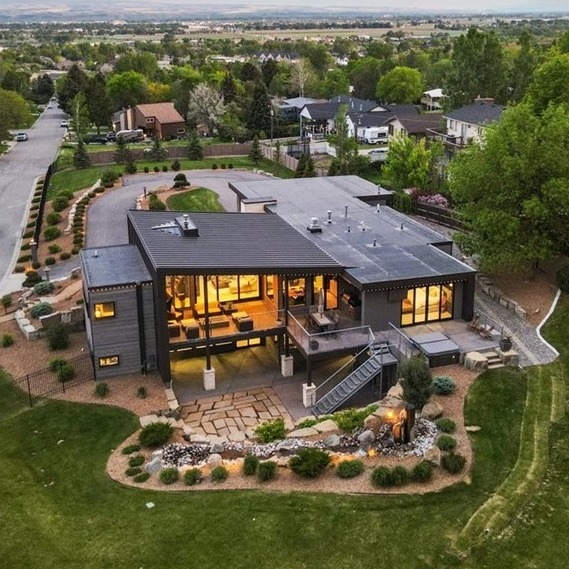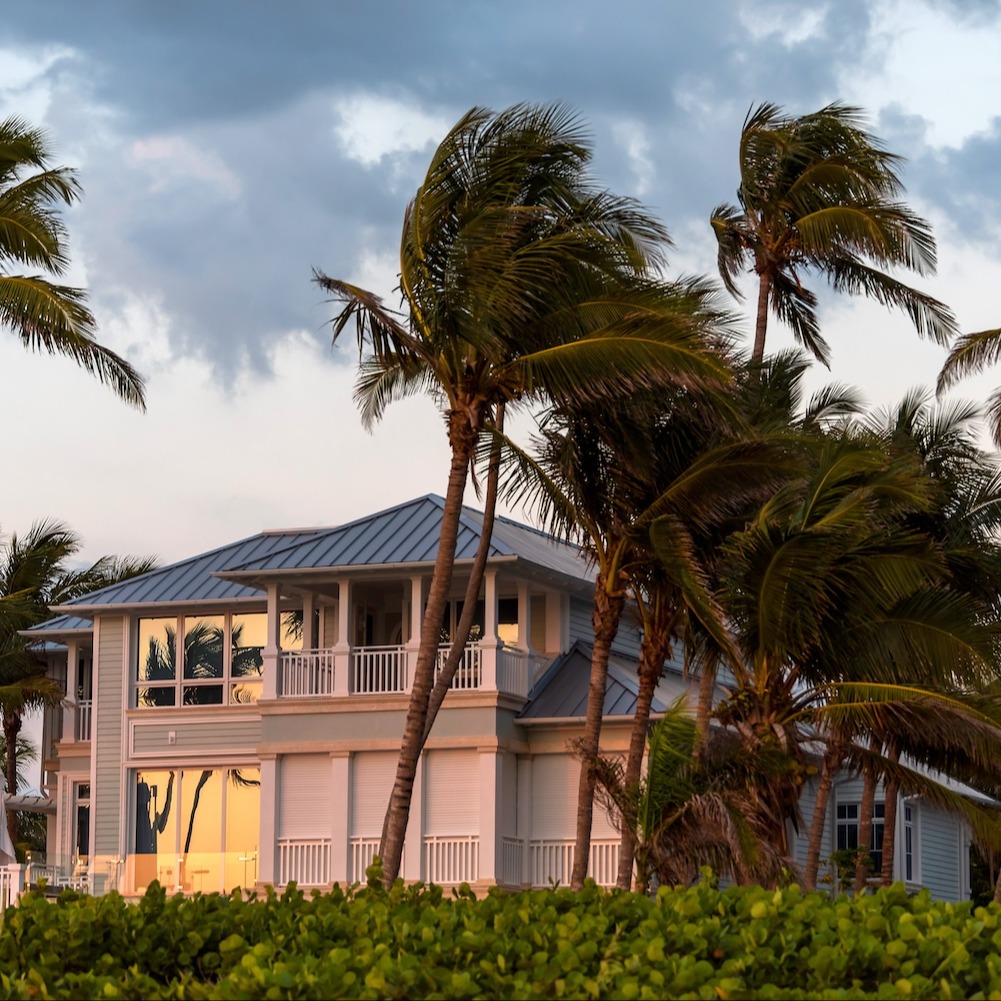Buying a Historic Home in New Orleans: Charm vs. Challenges
Buying a historic home in New Orleans is like stepping into a living piece of history. Whether it’s a Creole cottage in the French Quarter, a grand Greek Revival in the Garden District, or a shotgun home in Mid-City, these properties are beloved for their architectural beauty, craftsmanship, and connection to the city’s rich past.
However, with charm comes challenges. Strict preservation rules, renovation hurdles, and high insurance costs can make owning a historic home more complex than a modern one. Before you fall in love with high ceilings and wrought-iron balconies, here’s what you need to know about buying and maintaining a historic home in New Orleans.
Why Buy a Historic Home?
New Orleans is home to some of the most architecturally significant houses in the country, and owning one means becoming part of a legacy. Here are some of the biggest draws:
1. Unique Architecture & Character
Unlike cookie-cutter developments, historic homes in New Orleans boast hand-crafted details, original hardwood floors, intricate millwork, and historic charm you won’t find in newer builds.
2. Prime Locations
Most historic homes are in highly desirable neighborhoods, often within walking distance of vibrant local restaurants, shops, and entertainment.
3. Property Value Stability
Because these homes are limited in supply and located in sought-after areas, they hold their value well over time—especially those well-maintained under historic preservation guidelines.
4. Potential Tax Benefits & Grants
Some homeowners may qualify for historic preservation tax credits or grants to help with restoration costs.
But before you get swept away by the romance of historic homeownership, let’s talk about the challenges.
Preservation Rules & Historic District Restrictions
Buying a historic home means you can’t just renovate however you’d like. Many New Orleans neighborhoods have strict regulations to preserve the city’s unique architectural heritage.
What Is the Vieux Carré Commission (VCC)?
If you’re buying a home in the French Quarter, you’ll need approval from the Vieux Carré Commission (VCC) for exterior changes, from repainting shutters to replacing a fence. The VCC is one of the most stringent historic preservation boards in the country.
What Is the Historic District Landmarks Commission (HDLC)?
For historic homes outside the French Quarter—such as in the Garden District, Marigny, Treme, and parts of Uptown—the Historic District Landmarks Commission (HDLC) oversees preservation efforts. They regulate changes to historic structures to maintain their original character.
What You Need to Know Before Buying:
•Approval is required for exterior changes (roofing, painting, windows, doors, and porches).
•Demolitions or additions are highly restricted. Adding a second story or dramatically altering the façade may not be allowed.
•Even small repairs must be historically appropriate. For example, replacing wood siding with vinyl is a big no-no.
Before purchasing, check whether the home falls within a Full Control District (stricter rules) or Partial Control District (more flexibility).
Historic New Orleans Neighborhoods & Their Restrictions
French Quarter
•Strictest preservation rules (VCC jurisdiction).
•Homes mostly date back to the late 1700s and early 1800s.
•Creole cottages, townhouses with cast-iron balconies, and Spanish-style courtyards.
Garden District & Lower Garden District
•Grand Greek Revival, Italianate, and Victorian mansions.
• Many homes have HDLC oversight, meaning renovations must be carefully planned.
•High-demand area with properties that retain value well.
Marigny, Bywater, & Treme
• Known for colorful shotguns and Creole cottages from the 19th century.
•HDLC rules apply, but there’s slightly more flexibility for interior modifications.
•Rapidly growing in popularity among buyers looking for historic charm at a lower price than Uptown.
Mid-City & Esplanade Ridge
• Eclectic mix of bungalows, Craftsman homes, and raised shotguns.
•Some properties fall under historic protection, but regulations tend to be more relaxed.
•Great option for buyers looking for historic charm without as many restrictions.
The Challenges of Buying & Owning a Historic Home
1. Insurance Costs & Flood Risks
• Historic homes often come with higher insurance premiums. Many have older wiring, plumbing, and roofing, which insurers see as risks.
•If the home is in a flood zone, you’ll likely need flood insurance, adding to monthly costs.
•Some historic homes qualify for special insurance policies that take preservation into account, so shop around for the best rate.
2. Expensive & Specialized Renovations
•No cheap shortcuts. Repairs must often match the home’s original materials, which can be costly.
•Windows & doors must be historically accurate. HDLC and VCC don’t allow modern replacements that don’t fit the period style.
•Hiring the right contractor is essential. Work must be done carefully to preserve the home’s integrity.
3. Energy Efficiency Issues
•Many historic homes lack insulation, leading to high energy bills.
•Upgrading HVAC systems, adding storm windows, and sealing drafts can help make an old home more efficient without compromising its historic value.
Tips for Buying a Historic Home in New Orleans
1. Work with an Experienced Real Estate Agent
Not all agents are familiar with the challenges of historic homes. Find an agent who understands preservation rules, historic tax credits, and renovation considerations.
2. Get a Thorough Home Inspection
• Look for termite damage, foundation issues, and outdated wiring.
•Check for previous renovations. If past owners made unauthorized changes, you may need to bring them up to code.
3. Budget for Repairs & Maintenance
Even if a historic home is in great shape, ongoing maintenance is a must. These homes need more upkeep than newer properties.
4. Research Historic Tax Credits & Grants
Louisiana offers historic preservation incentives that could help with renovation costs. Some programs provide state and federal tax credits for restoring historic properties.
5. Be Ready for Bureaucracy
Navigating permits and approvals can be frustrating, but patience is key when working with historic districts.
Final Thoughts: Is a Historic Home Right for You?
Owning a historic home in New Orleans isn’t just about real estate—it’s about becoming part of the city’s story. If you love classic architecture, rich history, and don’t mind some extra maintenance and red tape, a historic home could be a dream come true.
However, if you prefer low-maintenance living and modern updates, a historic home may not be the best fit.
Thinking about buying a historic home in New Orleans? Let’s talk! I can help you navigate the unique challenges and rewards of historic homeownership in the Big Easy.
Categories
Recent Posts











